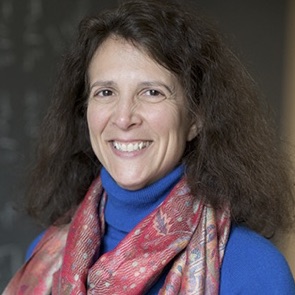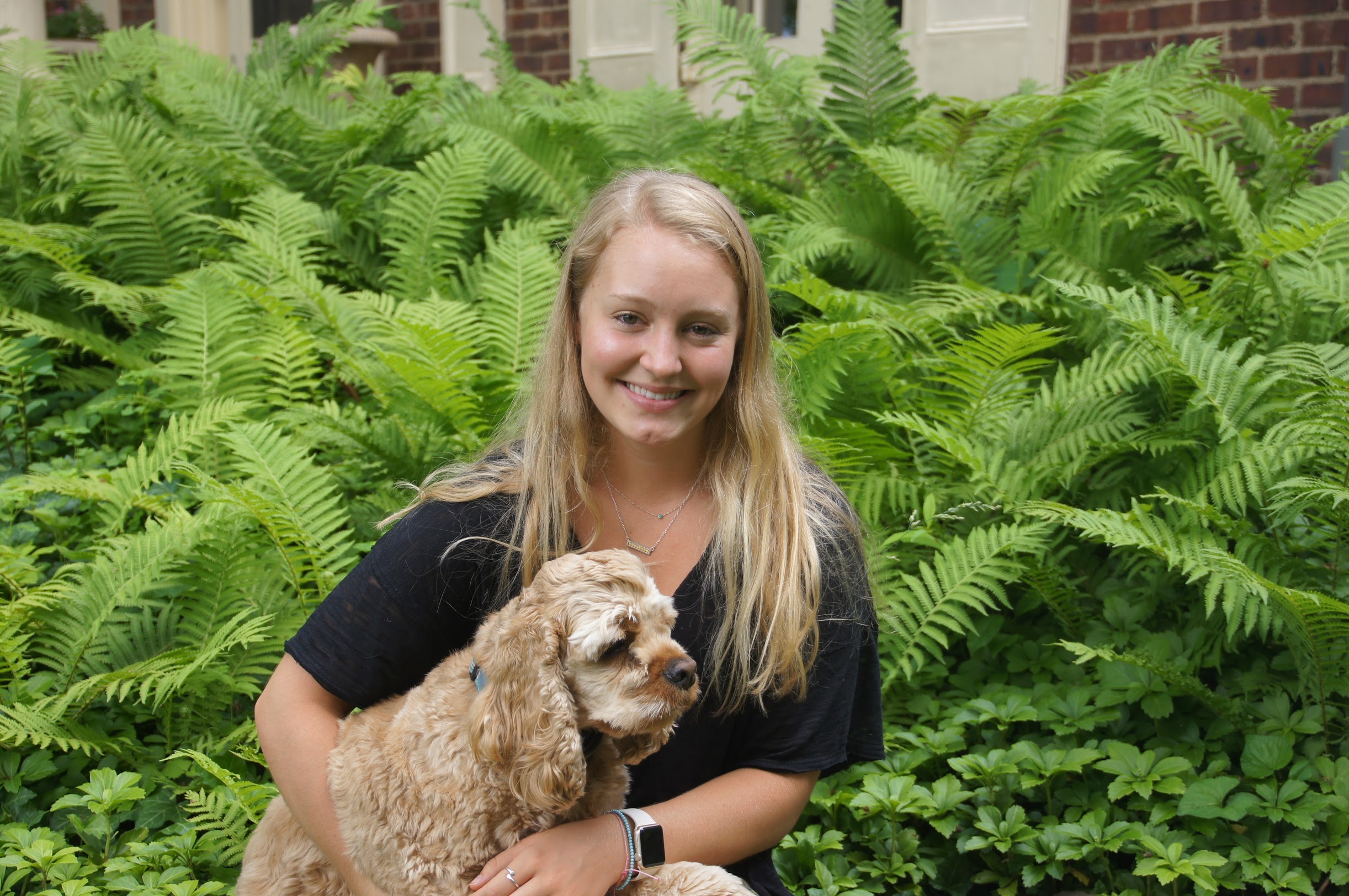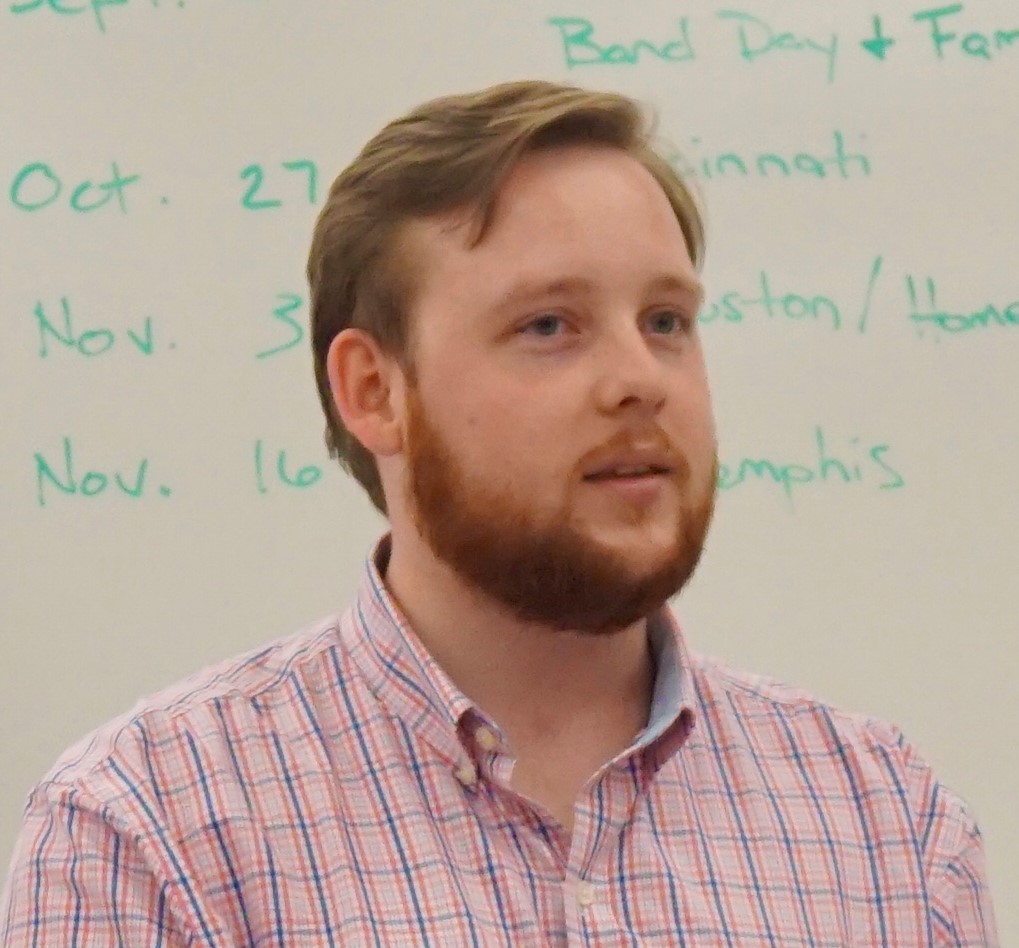About the REU
The Department of Mathematics at Dartmouth College invites undergraduate student applications to participate in a summer research experience program for studying the mathematics as it relates to inverse problems, computational methods, and the environment. The program is sponsored in part by the National Science Foundation and Dartmouth College.
The classic pillars of science are theory and experiment, but computing has recently been touted as a possible third pillar. In particular, computation helps bridge theory and experimentation. Computational models embody our theoretical understanding of complex systems (e.g., groundwater flow, sea ice) and allow us to make predictions of how we expect systems to behave. This predictive ability can be used in conjunction with experimental observations to both validate theoretical modeling assumptions and extract information from seemingly enigmatic data sets. For example, a model of groundwater flow can be combined with just a few pressure measurements to characterize the properties of the rock that the water flows through. More generally, using complex computational models to extract information from observational data is a fundamental problem arising in applications as diverse as medical imaging, numerical weather prediction, and satellite remote sensing. This type of knowledge-from-data problem is naturally formulated as an inverse problem and provides a critical link between computation, theory, and experimentation. Dartmouth’s Summer of I.C.E. offers undergraduate students the opportunity to learn computational and mathematical skills to perform research in a wide variety of applications.
Students will receive room and board on the Dartmouth Campus along with
a small stipend and travel allowance. The program starts on June 26, with
dormitory move in on June 25. Participants must commit to being on campus
through August 7. Students are expected to participate each weekday.
With Dartmouth’s four term year round schedule, all sophomores (rising juniors) are on campus in the summer. REU research will be in a collaborative environment with fellow participants, graduate students, and post docs. Students will undertake research projects and present their findings, either as a short presentation or poster, at the end of the program.
How To Apply
The following information should be uploaded at http://www.math.dartmouth.edu/~reu/apply.php
- Letter describing interest in program such as your own mathematical
background and interests, career goals, and a research idea you are
interested in.
- Unofficial transcripts or degree audit showing courses taken and
grades.
- At least one letter of recommendation from either an instructor of a
mathematics course or research supervisor of a math related project.
- Deadline to apply is March 13, 2020.
Decisions will be made by March 20, 2020.
Program Expectations & Prerequisites
As part of the program, students will participate in a course taught by Dr. Matthew Parno which will explore concepts and computational methods in Bayesian inverse problems. Topics will draw on real-world datasets and will focus on statistical techniques for (1) modeling uncertainty and (2) combining physics-based models with observational data. This instruction will be combined with individual hands-on research experiences and projects; and will include on-site visits to various campus research facilities. Students will be exposed to environmental problems at the intersection of mathematical modeling, computation, and experimentation. Collaborations with the Cold Regions Research and Engineering Laboratory, located just 1.5 miles from Dartmouth College, will be leveraged to connect students with real-world problems and datasets. Students will have the opportunity to work on applications in areas such as sea ice dynamics, radar imaging, subsurface flow, near-shore wave modeling, Arctic microbial communities, and snowpack evolution.
Previous course work in linear algebra, probability, and ordinary differential
equations is highly recommended, and course work in at least one of these
topics is required. Some experience in a programming language such as
MATLAB, Python, or Julia is also highly beneficial.







